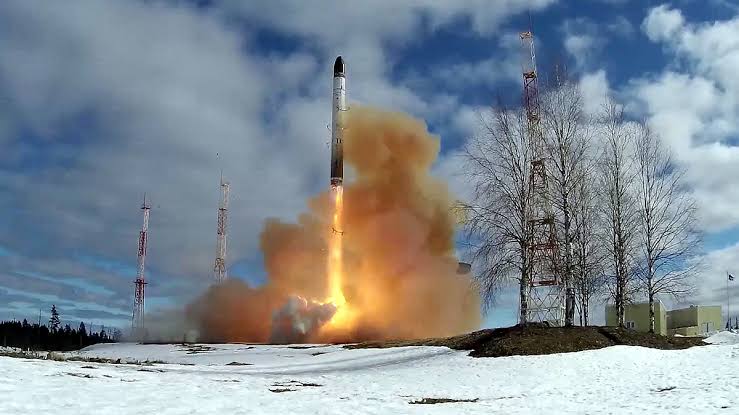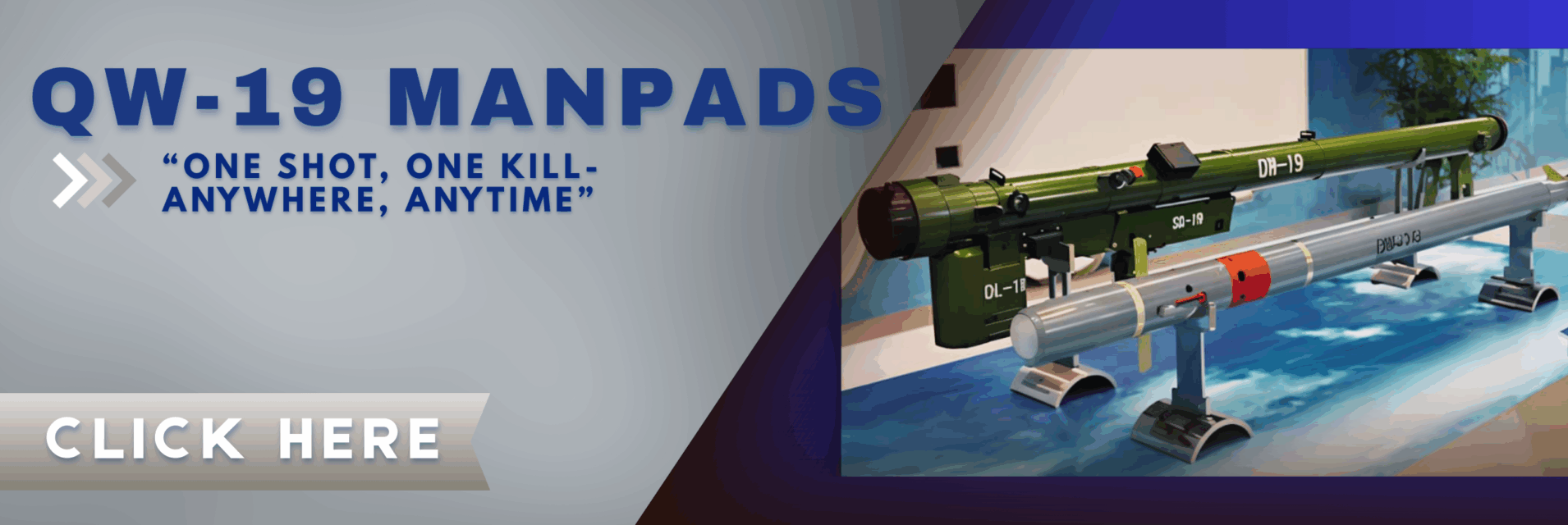“Race to Nuclear Arms: Saudi Arabia and Iran Lock Horns”
"We are concerned if any country acquires nuclear weapons," said Saudi Crown Prince Mohamed bin Salman and added that if Iran succeeds in developing nuclear weapons, then "we will have to acquire nuclear weapons as well."

(DEFENCE SECURITY ASIA) – Saudi Arabia has made it clear that it will strive to obtain nuclear weapons if its neighboring country, especially Iran, succeeds in developing their own nuclear weapons.
This statement was issued by the de facto government of the Middle Eastern country, Crown Prince of Saudi Arabia, Mohamed bin Salman.
“We are concerned if any country acquires nuclear weapons,” he said, and added that if Iran succeeds in developing nuclear weapons, then “we will have to acquire nuclear weapons as well.”
Mohamed Salman’s statement has further raised concerns among Western countries, especially the United States, and its main ally, Israel, that Saudi Arabia’s civilian nuclear program may be shifted to a military program in the face of threats from Iran.
As reported earlier, Saudi Arabia is working to develop its nuclear technology and aims to build its first nuclear plant.

Saudi Arabia has reportedly requested the United States to “provide” nuclear technology for civilian use in return for its agreement to establish diplomatic relations with its longtime adversary, Israel.
Media reports previously stated that Mohamed bin Salman had made this request for access to nuclear technology when meeting with U.S. Secretary of State Anthony Blinken in Riyadh recently.
However, despite Riyadh’s pressure for civilian nuclear technology, the United States is said to remain firm in not sharing this technology with Saudi Arabia.
To obtain nuclear technology from the United States, the administration of President Joe Biden would need congressional approval before allowing it to be shared with Saudi Arabia.
The U.S. Congress, dominated by pro-Israel lobbyists, is almost certain to block any agreement that would see Saudi Arabia obtain nuclear technology from Washington.

Israeli Prime Minister Benjamin Netanyahu is also likely to face strong opposition if he agrees to allow the United States to share nuclear technology with Saudi Arabia.
Former senior official of the Israel Atomic Energy Commission, Ariel Eli Levite, expressed concern that approving Saudi Arabia’s access to nuclear technology would trigger a nuclear arms race in the Middle East.
Israel’s concern is that Saudi Arabia’s nuclear power plants could become targets for terrorist groups.
Another concern in Tel Aviv is the possibility of the public reactor at the nuclear plant being converted for military-related operations.
Levite accused Saudi Arabia of being interested not only in nuclear technology for power generation but also in uranium enrichment technology for military purposes.
However, for Saudi Arabia, if the United States refuses to grant it access to nuclear technology, it can turn to other countries that also possess civilian nuclear technology.

Recently, the China National Nuclear Corp (CNNC) was reported by The Wall Street Journal (WSJ) to have offered to build a nuclear power plant in the eastern region of Saudi Arabia, near its border with Qatar and the United Arab Emirates (UAE).
China’s Foreign Ministry did not confirm WSJ’s report, but its spokesperson said Beijing would continue to engage in mutually beneficial cooperation in various fields, including nuclear energy.
However, it also stated that it would continue to comply with international regulations governing the nuclear energy industry.
Saudi Arabia plans to build 16 nuclear power plants in the country over a 25-year period at a cost of US$80 billion in its efforts to reduce its dependence on oil and gas, despite the country’s second-largest oil and gas reserves in the world. – DSA

DOWNLOAD APPS DEFENCE SECURITY ASIA
Sebarang pertanyaan tentang pengiklanan, boleh hubungi admin di/To advertise can contact admin at: haikalhamas73@gmail.com


Comments are closed.